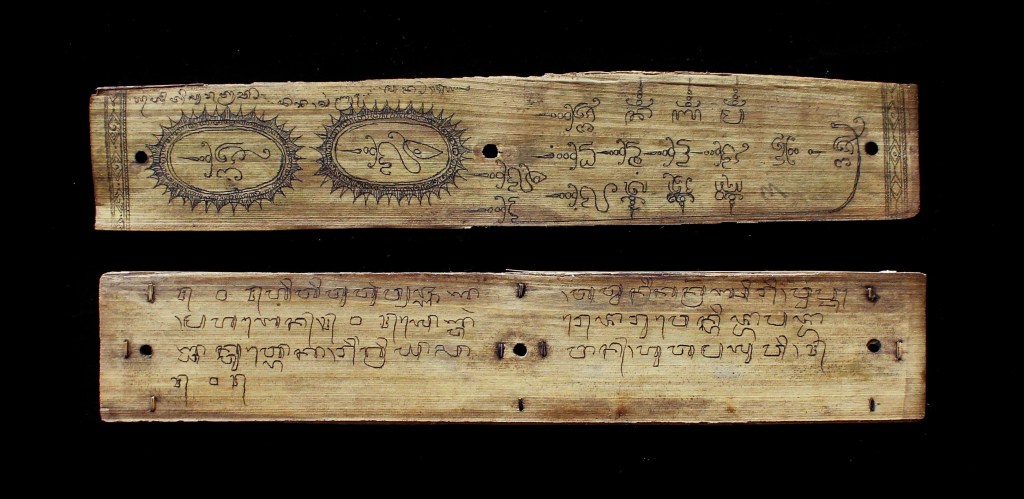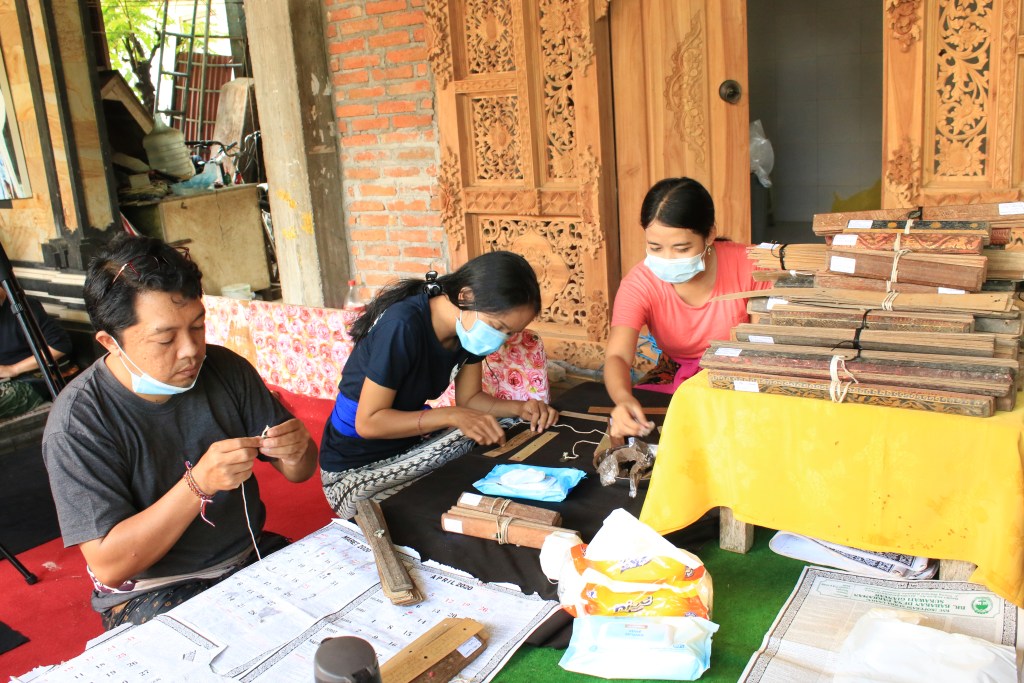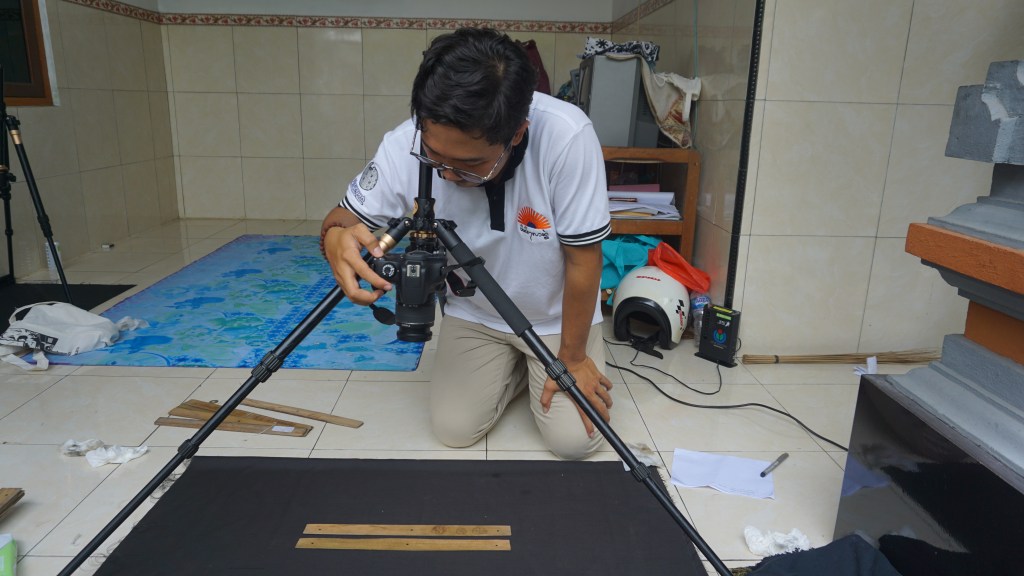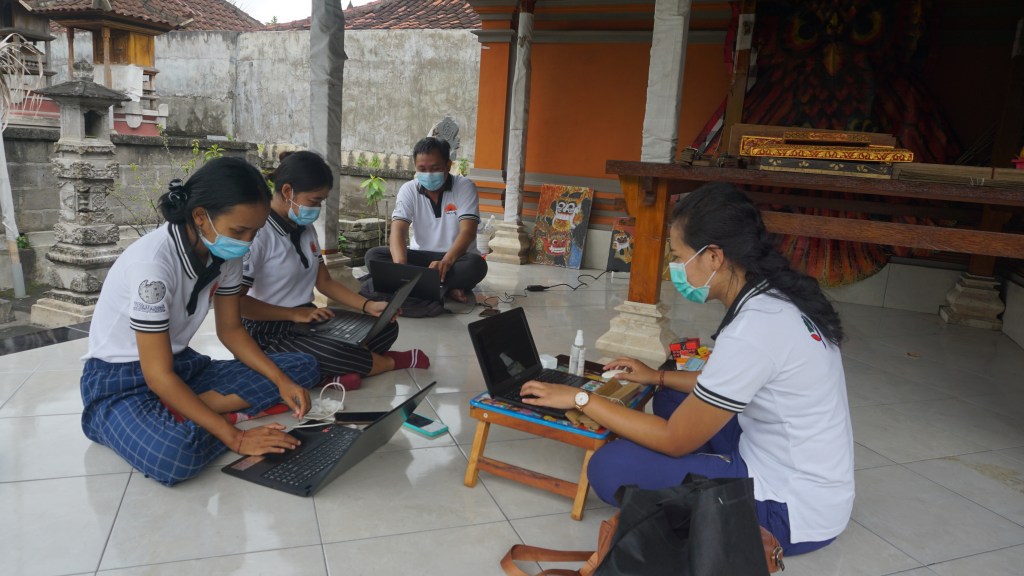Launched in 2021, Balinese Wikisource (WikiPustaka) has become the first Wikisource to be entirely based on handwritten manuscripts. Balinese lontar (palm-leaf manuscripts) have been the primary written medium in Bali for centuries. Lontar are classified into various genres such as religious texts & mantras, philosophy, medicine, history & genealogy, performing arts, epics & stories and even illustrations.
The journey to give Balinese lontar a new digital life started a decade ago when the Balinese Digital Library was created at the Internet Archive in 2011, with digitization of around 3000 lontar manuscripts, comprising 130,000 palm leaves. Bali’s Ministry of Culture estimated that the archive contained “90% of Bali’s literature.”1 However, these texts remained largely unusable and unsearchable in the absence of an Optical Character Recognition (OCR) for Balinese script (which is still unavailable).
8 years later, in 2019, the Internet Archive funded Panlex to build a platform that would support the transcription of Balinese palm-leaf manuscripts. Panlex built an on-screen Balinese keyboard so that anyone can easily transcribe on the platform, and hence, launched Palmleaf.org – a wiki that runs on MediaWiki.2
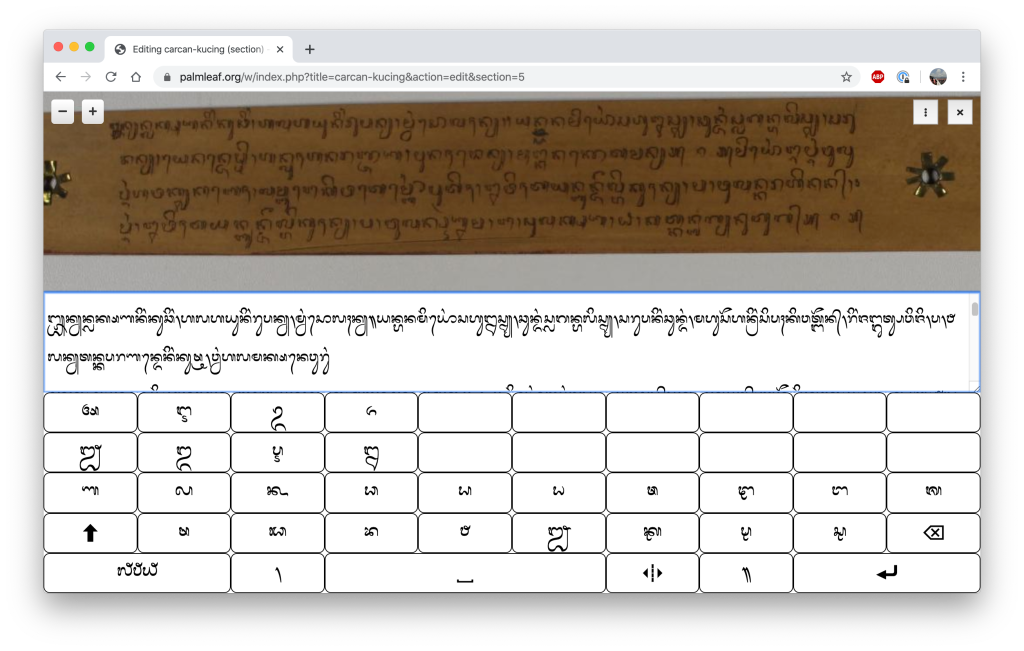
Within a few months, 20 Balinese contributors transcribed more than 3,000 leaves (92 complete works) on Palmleaf.org. It was soon realized that Wikisource would be the perfect long-term home for the Balinese manuscripts and the community. In May 2020, Panlex received a Project Grant from the Wikimedia Foundation to migrate all its content along with the palm-leaf transcription platform to Wikisource.3
While Panlex was working on the migration, the Balinese community was supported by a WikiCite Project Grant to locate, catalogue and digitize more manuscripts, held in both museums and private collections in Bali. They exceeded their target of 500 manuscripts by cataloging 617 manuscripts from 5 houses and 1 museum across Bali.
This was a very important project as the majority of the palm leaves are in danger of physical deterioration. Carma Citrawati, Wikimedian of the Year 2021 Newcomer of the Year, says “how to treat a lontar depends on its condition. Before digitizing the lontar, we have to ensure that it’s clean and the text can be read. There is a technique for cleaning lontar because they are very fragile. We gently wipe the surface in the direction of the script, followed by cleaning the surface of the lontar with citronella oil and alcohol and end by rubbing the surface with candlenut. If the condition of the lontar is good, we only clean the dust and dirt that sticks to the surface.” She is now working with the Language Office of the Bali Province (Balai Bahasa Provinsi Bali) to catalog and share their lontar collections, consisting of 200 lontar, on Balinese Wikisource.
Balinese Wikisource was launched as a new site in July 2021, and the readers now have an option to read the transcribed manuscripts in the original Balinese script as well as the latin transliterations. This helps the community to reach a larger audience as many young people are less familiar with using and reading Balinese script on the internet. The Balinese community continues to proofread more manuscripts and plans to organize outreach events in order to engage more people to join the project. New contributors learn to type in the Balinese script when they join the project. In this way, the project not only contributes to language preservation but also plays a role in revitalization. There are about 13 contributors on the project and over 20,000 leaves have been proofread by the Balinese community.
If you’re interested to learn more about sharing your collections on Wikisource as a cultural (GLAM) institution or a private collection, feel free to reach out to glam@wikimedia.org. Please join us in celebrating 18 years of Wikisource on 24th November 2021 where the incoming CEO of the Wikimedia Foundation, Maryana Iskandar, will be joining us.
- This post has been edited for clarity by Vidhu Goyal.

Can you help us translate this article?
In order for this article to reach as many people as possible we would like your help. Can you translate this article to get the message out?
Start translation
